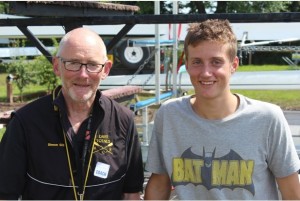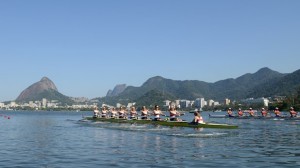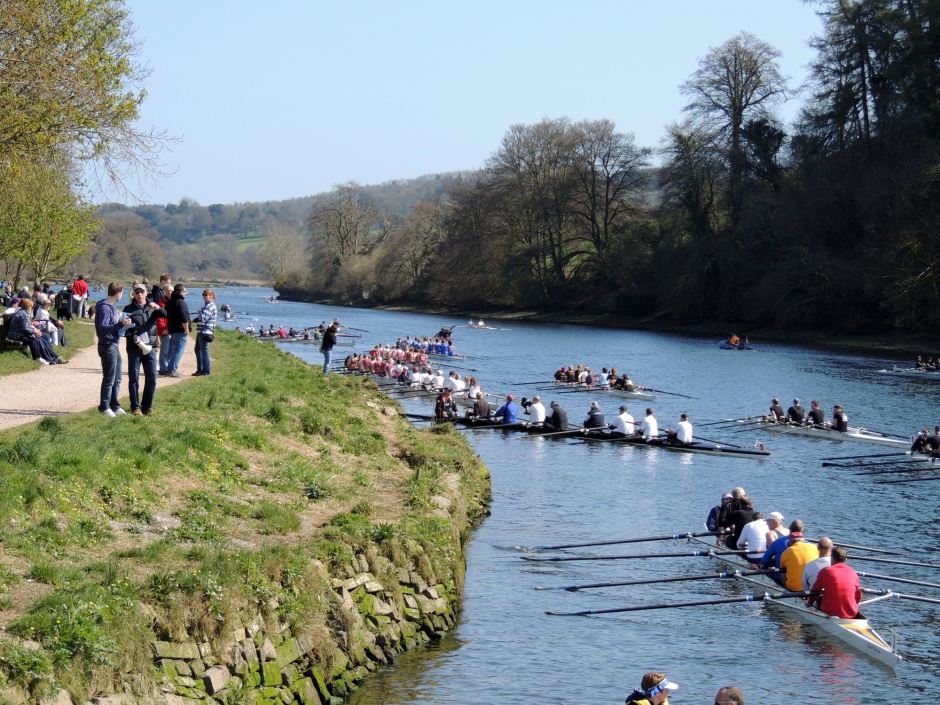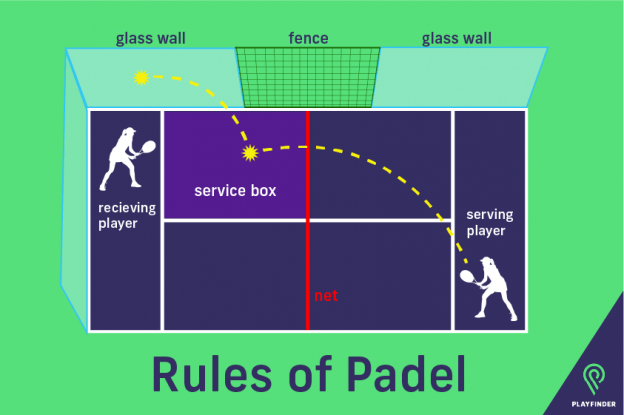Interview with Rowing Coach Simon Gifford-Mead
30 August 2015 • By - Lydia Cronin
We interviewed Simon Gifford-Mead, the Junior Coach for Dart Totnes ARC following his trip to Rio for the World Junior Rowing Championships. Simon was named the BBC Sport Unsung Hero Simon Gifford-Mead for the South West for his dedication to the Devon based squad where he has coached for over 25 years.
Simon Gifford-Mead: Rowing Pro
Simon has had a successful and inspiring career and attitude to coaching and has been praised for his commitment to training. We asked Simon about his past experiences and his plans for the Juniors going forwards into the long distance races of Head Season.
How did you get into coaching rowing and what do you enjoy most about it?
A very long time ago I did an Instructors Award course and then helped with Project Oarsome for a few weeks each year. I moved into “full time” coaching about 5 or 6 years ago. The satisfaction I get is trying to help juniors work towards achieving their potential at which ever level that may be. Although I can’t race anymore, I get a big buzz seeing the juniors race and succeed.
What are you plans and goals for the upcoming Head season?
Plans for this winter are not completely finalized yet. With a squad with a range of abilities some will race in the West Country while others will race further afield.

What is your favourite moment in your time with Dart Totnes ARC?
Favourite moment has to be watching and supporting Matt Swiss at the World Rowing Junior Championships at Rio earlier this month. This has been the highlight of this year, but there are plenty of other moments with other crews and individuals which I reflect on and enjoy.
The Junior Rowing Championships were based in Rio this year, which will also host the World Championships at the end of August. Seventeen year old Matt Swiss of Dart Totnes ARC represented GB in the double sculls event.

How was your time at the Junior Rowing Championships at the beginning of August?
The visit to Rio was great. The venue is dramatic with the lake being in the middle of the city with a backdrop of mountains. Only a shame you cannot see more than the last 800/900 metres of the course from the grandstand.
Rowing is known for being a very time intensive sport, and the promise of early mornings and cold weather can make the sport hard to sell and a struggle to get into.
How would you encourage others to get into the sport?
I try to encourage new rowers to learn at their own speed and to steadily increase their attendance to fit in with other sports and school work. always reminding them that the more time they put into rowing the more they will achieve. above all it must be fun.
What are the limits facing grassroots rowing?
More coaches, more equipment and facilities are key to offering more young people a chance ie it comes down to money. we still benefit from the legacy of Project Oarsome and the inflow of money and thus new equipment which is still in use every day.
What do you think are the benefits of participating in rowing and being part of a club?
The first benefit is fresh air and exercise for the youngest before they learn to compete. at Totnes we have a wide catchment area so attract youngsters from many different schools. all the juniors get to meet a wider range of friends through rowing together, competing against each other ,supporting each other and socializing together. Finally, they are benefiting from learning a sport for life.

From Juniors to Masters, there are rowing clubs to cater for all ages and abilities. Simon shows the high level of support that coaches and the rowing community offers, and highlights schemes such as Project Oarsome that can bring much needed funding to get more people to pick up rowing. Click here to find a rowing club near you and get into rowing!




